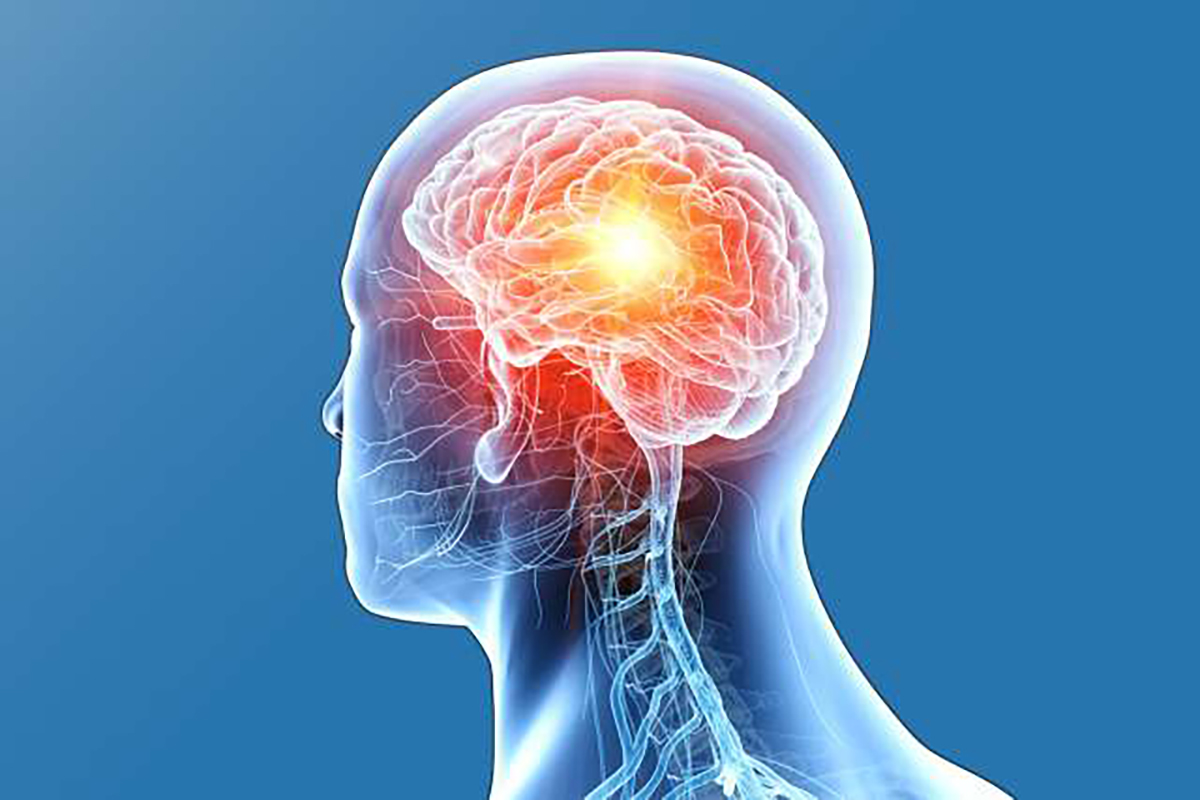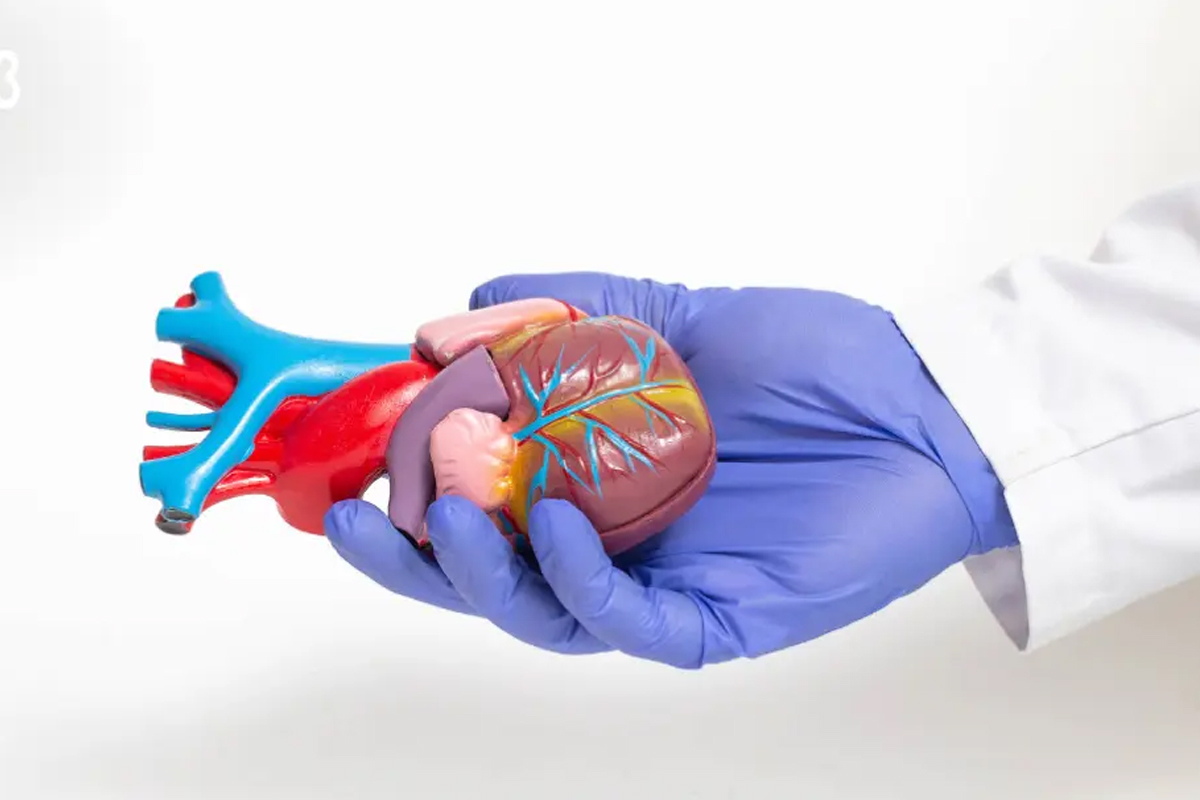
Unlocking the Potential: Exploring Immunotherapy’s Role in Brain Tumor Treatment
By in Neurosciences Neuro & Spine Surgery
Jun 11, 2024
Unlocking the Potential of Immunotherapy in Brain Tumor Treatment
Immunotherapy is rapidly transforming the landscape of cancer care, and brain tumors are no exception. By harnessing the body’s own immune system to identify and destroy cancer cells, immunotherapy offers new hope—especially for tumors that are difficult to treat with conventional therapies. This article explains how immunotherapy works, its benefits, challenges, and the future of this groundbreaking treatment approach.
What Is Immunotherapy?
Immunotherapy strengthens or reprograms the body’s natural immune response to target and eliminate cancer cells. Unlike traditional treatments such as chemotherapy and radiation—which directly kill tumor cells but may also damage healthy tissue—immunotherapy enhances the body’s ability to distinguish between healthy and cancerous cells.
This targeted approach makes immunotherapy a powerful tool in modern oncology.
How Immunotherapy Works in Brain Tumor Treatment
Several immunotherapy strategies are being explored and tested in brain tumor research and clinical practice.
1. Immune Checkpoint Inhibitors
Tumor cells often hide from the immune system by using “checkpoint” pathways. Drugs that block these checkpoints—such as PD-1, PD-L1, and CTLA-4 inhibitors—help the immune system recognize and attack tumor cells.
These therapies have shown promising results in certain brain tumor types, particularly recurrent glioblastoma.
2. CAR-T Cell Therapy
CAR-T therapy involves:
- Collecting a patient’s T cells
- Genetically modifying them to target specific tumor markers
- Reinfusing them to attack tumor cells
While still in early research for brain tumors, CAR-T therapy has shown encouraging responses in difficult-to-treat cancers like glioblastoma.
3. Cancer Vaccines
Cancer vaccines stimulate the immune system to identify tumor-specific antigens.
Types under investigation include:
- Peptide vaccines
- Dendritic cell vaccines
These vaccines train the immune system to attack tumor cells more precisely while sparing normal brain tissue.
Challenges in Using Immunotherapy for Brain Tumors
Despite the excitement surrounding immunotherapy, several obstacles must be overcome.
1. The Blood–Brain Barrier (BBB)
The BBB protects the brain from harmful substances but also prevents many immunotherapy drugs from reaching the tumor. Current research focuses on improving drug delivery and temporarily opening the barrier safely.
2. Tumor Heterogeneity
Brain tumors often contain a mix of different cancer cell types.
This variability makes it difficult to develop a “one-size-fits-all” immunotherapy that targets every cancer cell effectively.
3. Immune Suppression Within the Tumor
Brain tumors create an environment that weakens immune activity.
Reversing this suppression is essential for immunotherapy to work optimally.
The Future of Immunotherapy in Brain Tumors
The field is evolving rapidly, and several promising developments are underway:
✔ Combination Therapy
Pairing immunotherapy with chemotherapy, radiation, or targeted therapy may significantly boost treatment effectiveness.
✔ Biomarker-Based Personalized Treatment
Identifying biomarkers can help predict which patients are likely to respond well to immunotherapy, reducing trial-and-error treatment.
✔ Emerging Immunotherapy Approaches
Researchers are actively studying:
- Bi-specific T-cell–engaging antibodies
- Oncolytic viruses engineered to kill cancer cells
- Immune-modulating cytokines
These innovations may expand treatment options and improve outcomes.
Conclusion
Immunotherapy represents one of the most promising advancements in brain tumor treatment. Although scientific challenges remain—such as the blood-brain barrier, tumor heterogeneity, and immune suppression—ongoing research continues to bring new breakthroughs.
With combination therapies, biomarker-guided treatment, and innovative immunotherapeutic agents, the future of brain tumor care holds tremendous potential.
Frequently Asked Questions (FAQs)
1. Can immunotherapy cure brain tumors?
While immunotherapy has shown positive results, especially in aggressive tumors like glioblastoma, it is not yet considered a cure. It can, however, improve survival and quality of life in many patients.
2. Who is eligible for immunotherapy?
Eligibility depends on factors such as tumor type, genetic markers, general health, and previous treatments. A neuro-oncologist can determine suitability.
3. Are there side effects of immunotherapy for brain tumors?
Yes. Side effects may include fatigue, inflammation, fever, skin reactions, and autoimmune responses. However, many are manageable with timely medical care.
4. Does immunotherapy work for all brain tumors?
Not all tumors respond equally. Research is ongoing to identify which types benefit most and how to improve response rates.
5. How long does immunotherapy treatment last?
Treatment duration varies depending on the therapy type, patient response, and clinical protocol. Some treatments last months, while others may continue for a year or longer.







